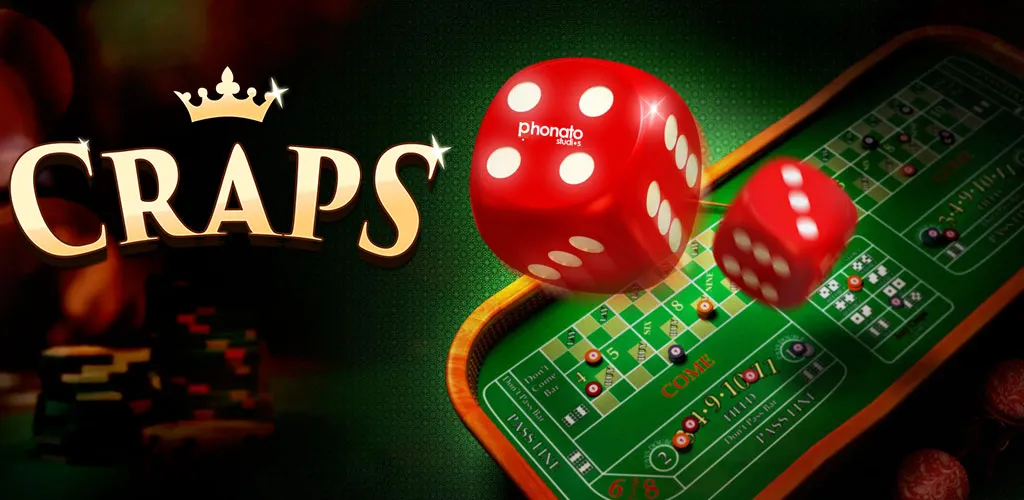Understanding how gambling games originated is impossible without analyzing the origin of craps—one of the oldest forms of entertainment based on chance. Craps, as a form of dice throwing, emerged from the practices of Ancient Egypt and Mesopotamia, where animal bones were used not only in domestic disputes but also in religious rituals.
They were thrown before sacrifices, interpreting the result as a sign of divine approval. Later, the method spread to temples and palaces, where the outcome of the dice determined fates.

## Roulette and the Symbolism of Fate
The formation of the spinning principle associated with roulette is directly linked to ancient cults in which the wheel was perceived as a symbol of the cyclical nature of life and the will of the gods.
During the times of Ancient Greece and Rome, sacrificial rituals involving the rotation of objects—vessels, stones, or discs—were practiced. Such actions symbolized the decisions of Zeus or other deities. The influence of religious structures on the emergence of gambling games is particularly noticeable in rituals where chance became a tool for communicating with higher powers.
## How Gambling Games Originated: The Connection of Casino History with Prohibitions and Canons
In many ancient cultures, accepting random outcomes as a fate decision caused concern for religious institutions. This is where the contradiction between the popularity of entertainment and its condemnation originated.
In Egypt, China, and Mesopotamia, priests, on the one hand, used chance as a prophetic tool, and on the other hand, restricted its use outside temples.
## Poker and the Role of Hidden Information
The mechanics of poker, based on strategic thinking and elements of hidden choice, evolved from practices where participants were given signs or symbols without revealing their meaning until a certain moment.
This structure was used in Mesopotamian temples during initiations and military rituals. Drawing lots, sacrificial games involving the mixing of tokens or objects reflected trust in fortune. Understanding how gambling games originated in this case relies on a symbiosis of the sacred and the hidden.
## Influence of Religious Traditions on the Development of the First Gambling Games in the Ancient World
Considering the religious factor, one can highlight its key role in shaping rules, interpretations, and restrictions, which directly influenced the development of competitive practices. Below are the key influences of religions on the formation of corresponding forms:
– In ancient Egyptian culture, senet was used in funerary rituals and served as a model for the soul’s passage through obstacles.
– In Mesopotamian temples, priests used lots to make decisions on land disputes.
– In Ancient China, dice were used in divination and political predictions, shaping a culture of trust in randomness.
– In the early Christian world, bets were condemned as temptation but were used in secret ceremonies of monasteries.
– In Hindu tradition, random elements were included in festivals, reflecting karma’s involvement in life events.
Thus, the connection between faith and entertainment is ambiguous and largely determines how gambling games originated, what forms they took, and how they were perceived in society.
## Slots as Continuation of Images and Symbols
The prototypes of slots can be traced in visual patterns created for sanctuaries and temples. Ordinary images arranged in sequences on walls were used to convey messages or ritual meanings.
The coincidence of symbols in vertical rows, as in keno or mahjong, evolved in the culture of visual reward. The question of how gambling games originated also concerns the visualization of chance and the system of rewards for matches.
## Lotteries as a State Instrument
In China and Rome, organized lottery draws became a form of fundraising for the treasury or distribution of goods. In many cases, participation was limited to citizens of a certain status.
Initially, lotteries were interpreted as a form of divine choice, later as a way of reward or punishment.
## Laws and Their Role in Regulating Risk
Historically, authorities tried to limit excessive involvement in competitive formats. Bans were introduced at the level of temples, city assemblies, and imperial decrees. However, the bans themselves often became a stimulus for the emergence of new forms. The main legislative reactions to gambling can be classified as follows:
– Imposing fines for unauthorized bets.
– Restricting access based on status or position.
– Legalizing certain forms under the control of temples.
– Tax on winnings as a form of risk compensation.
– Creating specialized zones for organized events.
Thus, legal measures demonstrate how gambling games originated as a structure managed and directed in the interests of the state.
## Blackjack and the Calculation of Fate
The mechanics of counting and approaching a fixed sum, as in blackjack, have prototypes in Egyptian rituals of choosing “balance” through numbers.
In the rituals of the goddess Maat, participants were given tablets with numbers, and the one whose sum was closer to the sacred value was considered “favorable.” Symbolic actions lay the understanding of how gambling games originated, where mathematical calculation is combined with intuition.
## Mythology, Symbols, and the Culture of Chance
Myths, legends, and divine archetypes directly influenced the development of chance models. Images of Zeus throwing lightning or Chinese spirits governing chance were embedded in entertainment structures.
Through culture, behavioral models were transmitted in which risk, choice, and randomness were considered elements of divine intervention.

## Conclusion
The influence of religious norms and legal structures directly determined how gambling games originated, in what form they developed, and how they were perceived in different societies. From temple lots to imperial lotteries, each element demonstrates that chance, competition, and belief in higher powers became the foundation for the emergence of risk-based entertainment.
Laws, in turn, shaped the boundaries of acceptability and turned gambling into a managed and regulated process. Thus, the origin of competitive practices reflects not only human inclination to risk but also society’s desire to control it through religion and power.
 en
en  de
de  ar
ar  es
es  hi
hi  fr
fr  nl
nl  ru
ru  it
it  pt
pt  el
el 









